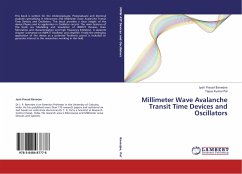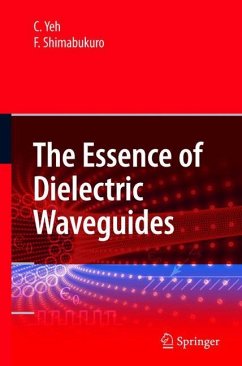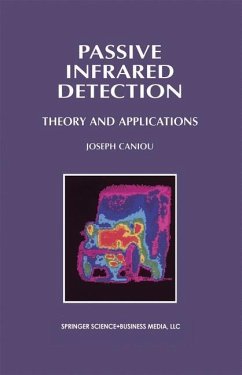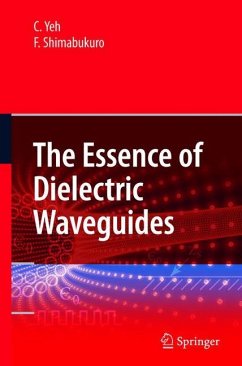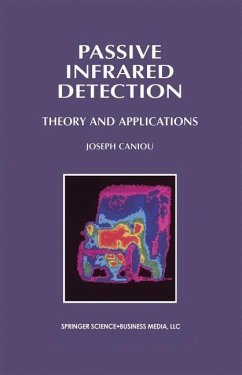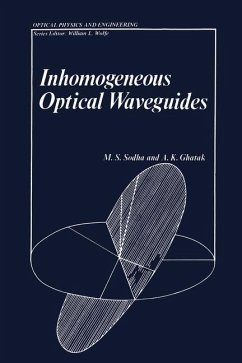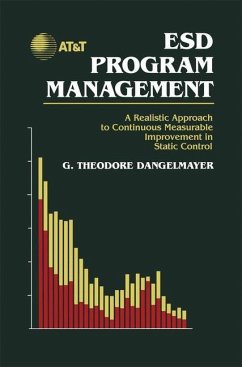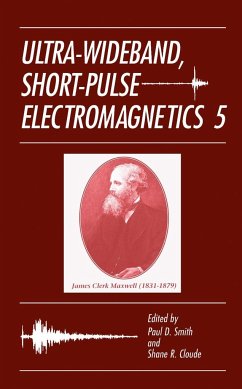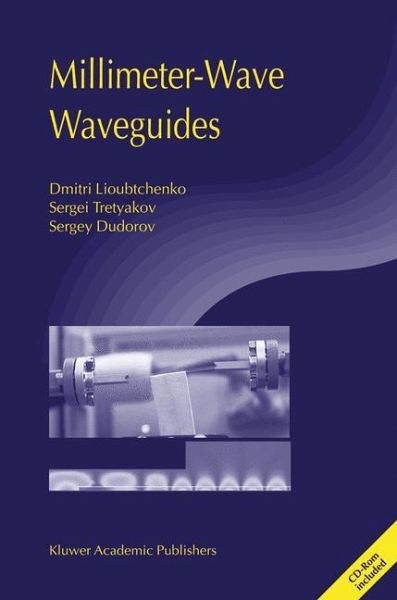
Millimeter-Wave Waveguides
Versandkostenfrei!
Versandfertig in 1-2 Wochen
77,99 €
inkl. MwSt.
Weitere Ausgaben:

PAYBACK Punkte
39 °P sammeln!
Millimeter-Wave Waveguides is a monograph devoted to open waveguides for millimeter wave applications. In the first chapters, general waveguide theory is presented (with the emphasis on millimeter wave applications). Next, the book systematically describes the results of both theoretical and experimental studies of rectangular dielectric rod waveguides with high dielectric permittivities. Simple and accurate methods for propagation constant calculations for isotropic as well as anisotropic dielectric waveguides are described. Both analytical and numerical approaches are covered. Different type...
Millimeter-Wave Waveguides is a monograph devoted to open waveguides for millimeter wave applications. In the first chapters, general waveguide theory is presented (with the emphasis on millimeter wave applications). Next, the book systematically describes the results of both theoretical and experimental studies of rectangular dielectric rod waveguides with high dielectric permittivities. Simple and accurate methods for propagation constant calculations for isotropic as well as anisotropic dielectric waveguides are described. Both analytical and numerical approaches are covered. Different types of transitions have been simulated in order to find optimal configurations as well as optimal dimensions of dielectric waveguides for the frequency band of 75-110 GHz. Simple and effective design is presented. The experimental studies of dielectric waveguides show that Sapphire waveguide can be utilized for this frequency band as a very low-loss waveguide. Design of antennas with low return loss based on dielectric waveguides is also described.





